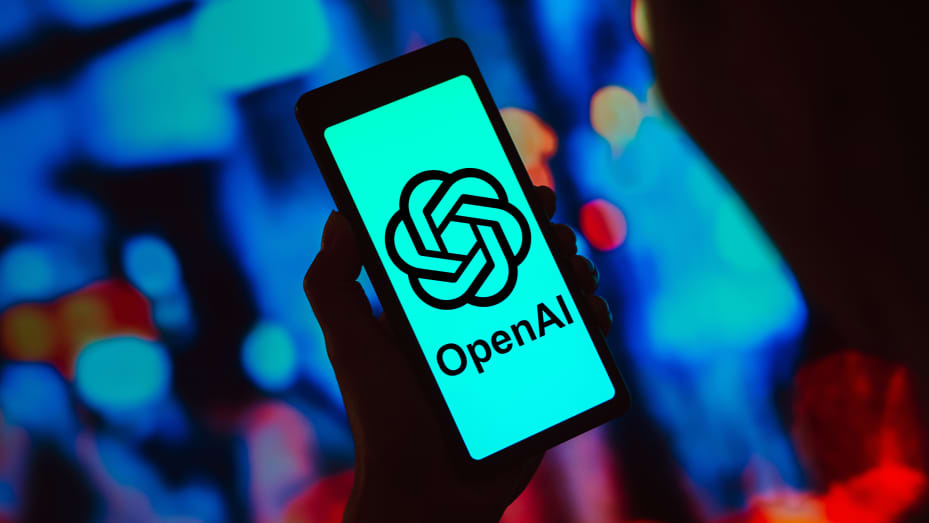OpenAI has selected Tokyo as the location for its inaugural Asian office

OpenAI has made the decision to establish its inaugural Asian office in Tokyo, marking a significant step towards expanding its presence in the Asian market.
This strategic move aims to cultivate partnerships with the Japanese government, local enterprises, and research establishments, to develop AI solutions tailored to Japan’s unique needs.
Tokyo was chosen as the ideal location for OpenAI’s Asian venture due to its renowned technological prowess, a culture deeply rooted in service, and a vibrant community of innovators.
Sam Altman, CEO of OpenAI, expressed enthusiasm about the move, stating, “We’re thrilled to establish a presence in Japan, a country where history demonstrates the synergy between people and technology in achieving remarkable feats.” Altman emphasized the potential of AI to enhance creativity and productivity, while also bringing substantial benefits to existing and emerging industries.
To lead its efforts in Japan, OpenAI has appointed Tadao Nagasaki as President of OpenAI Japan. Nagasaki will spearhead commercial initiatives, market engagement, and team development, ensuring that OpenAI’s activities in Japan are aligned with local needs and priorities.
OpenAI is introducing a customized GPT-4 model optimized for the Japanese language, offering improved translation and summarization capabilities, cost efficiency, and faster performance compared to previous iterations. This advancement has already proven beneficial for applications like Speak, a prominent English learning app in Japan, which has reported faster tutor explanations at reduced costs, leading to enhanced user experiences.
By establishing its presence in Tokyo, OpenAI aims to strengthen ties with major corporations such as Daikin, Rakuten, and TOYOTA Connected, which rely on ChatGPT Enterprise to streamline operations, conduct data analysis, and enhance internal communications.
Furthermore, local governments, including Yokosuka City, have embraced OpenAI’s technology to improve public service efficiency. Yokosuka City’s widespread adoption of ChatGPT has resulted in significant productivity gains among city employees, underscoring the technology’s potential to drive positive outcomes at the municipal level.
The Japanese government’s commitment to shaping AI policies in alignment with principles of human dignity, diversity, and sustainability, as evidenced by its leadership in the Hiroshima AI Process, presents opportunities for collaboration between OpenAI and local stakeholders. Together, they aim to address societal challenges such as rural depopulation and labor shortages through innovative AI solutions.
OpenAI’s expansion into Japan reflects its global mission to ensure that the benefits of artificial general intelligence are accessible to all, emphasizing the importance of embracing diverse perspectives and fostering inclusive development.













